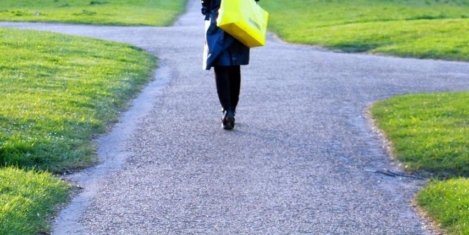July 1, 2022
Skills shortages lead to fall in wellbeing, increased workload and decreased profitability
 According to The Open University’s Business Barometer 2022 report, published in partnership with the British Chambers of Commerce, UK organisations are experiencing the knock-on effect of ongoing skills shortages, as more than three quarters (78 percent) report seeing reduced output, profitability or growth. The Open University’s annual report which sets out to provide an overview of UK skills , also highlighted the effect the skills shortage seems to be having on morale and wellbeing, as almost three-quarters (72 percent) of organisations say the impact increases workload on other staff. (more…)
According to The Open University’s Business Barometer 2022 report, published in partnership with the British Chambers of Commerce, UK organisations are experiencing the knock-on effect of ongoing skills shortages, as more than three quarters (78 percent) report seeing reduced output, profitability or growth. The Open University’s annual report which sets out to provide an overview of UK skills , also highlighted the effect the skills shortage seems to be having on morale and wellbeing, as almost three-quarters (72 percent) of organisations say the impact increases workload on other staff. (more…)

































July 6, 2022
Hybrid working can help graduates succeed
by Lindsey Rowe • Comment, Flexible working, Workplace